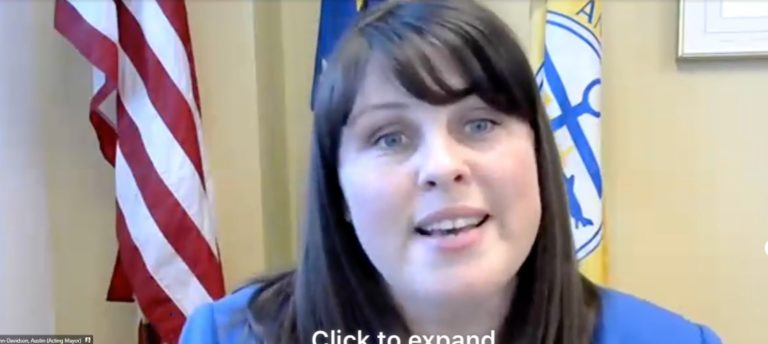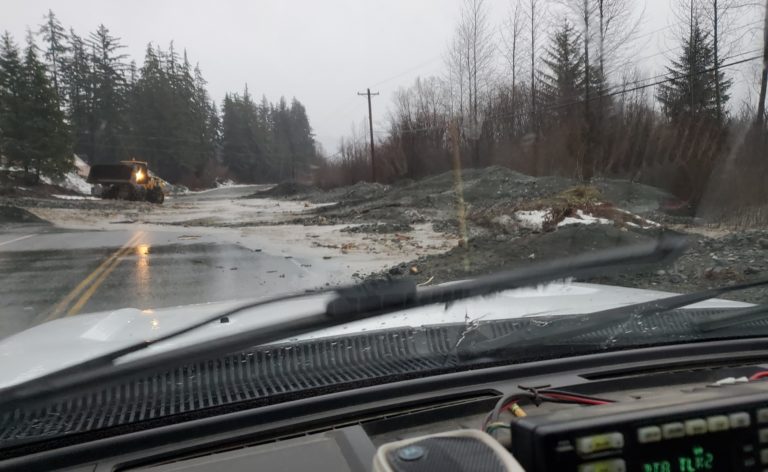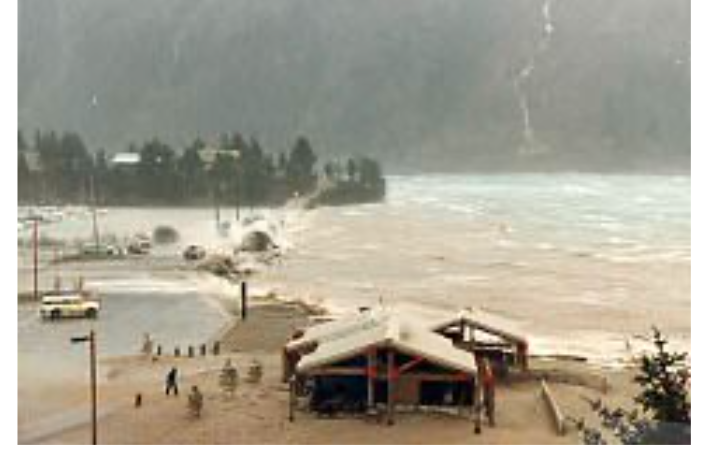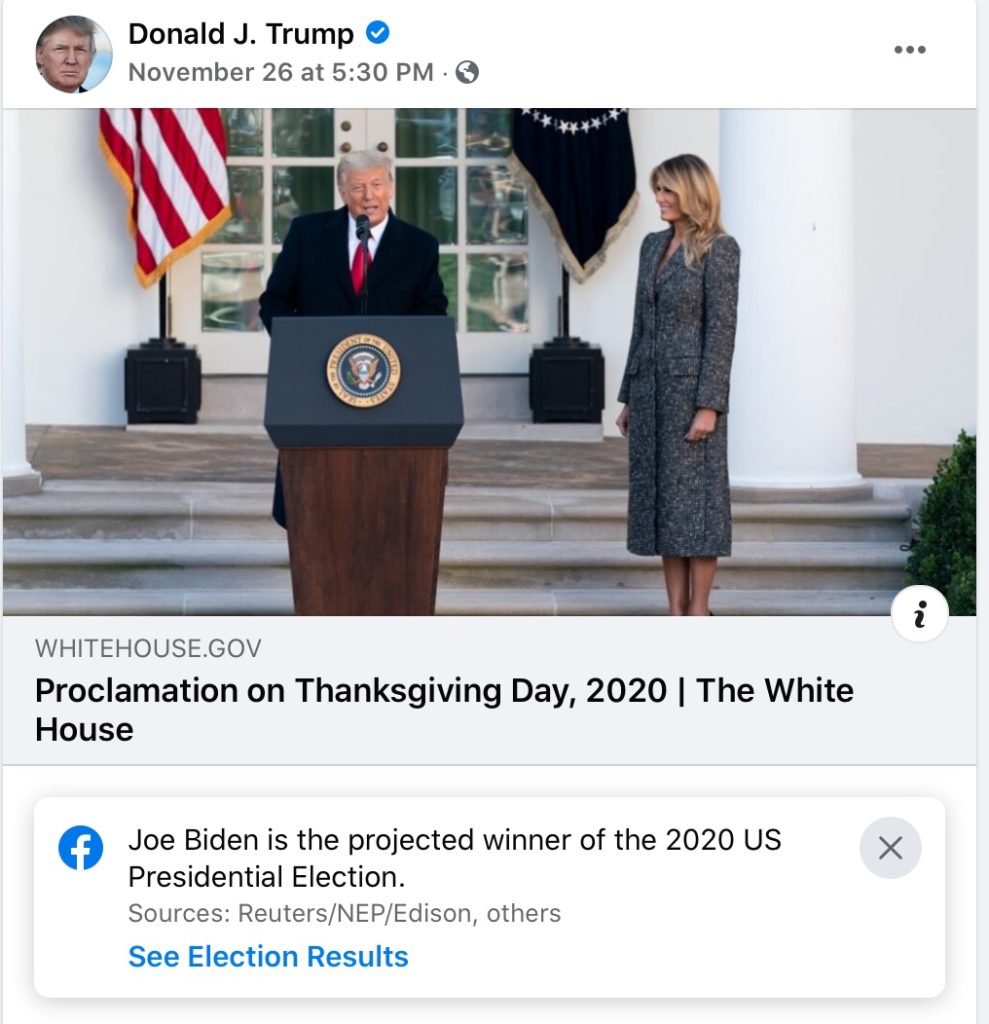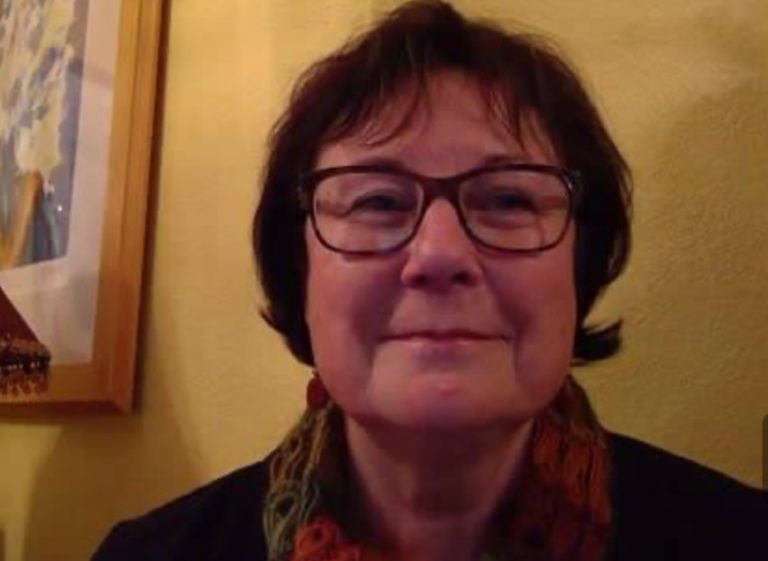By WILLIAM R. SATTERBERG JR.
I have been practicing both civil and criminal law since 1976. For several years, I have been asked why I did not become a judge. There are numerous reasons.
One primary reason is because I have a serious skepticism over the current selection process used for judges in Alaska. While proponents claim it is solely a merit-based system, I dissent.
Selecting judges in Alaska involves a rather unique method. Interested candidates must first submit their names to the Alaska Judicial Council. The Council is made up of six members drawn three each from the public and the legal profession with a tie breaking seventh member being the Chief Justice of the Alaska Supreme Court.
As designed, the Judicial Council was intended to be an organization which would vet candidates who had applied for judgeship. After engaging in this vetting process, the Council would then forward names which the Council voted as acceptable potential judges to the governor, who would then appoint a judge only from that list of approved Judicial Council candidates. Regretfully, the system does not work as intended.
In 1990, I was a campaign coordinator for then-to-be Gov. Walter J. Hickel, who ran on Joe Vogler’s Independence Party ticket. After the governor had been elected, I was encouraged to apply for a judgeship.
I answered that the likelihood of me ever getting an appointment was dismal. After all, I did not have the experience at the time, having only been practicing for 14 years. In addition, my self-esteem had always suffered. A timid person by nature, I did not want to see the results of the required Bar Polls.
One staffer suggested that I should still submit my name. If my name did not get referred from the Judicial Council, he said the administration could simply keep rejecting names until mine eventually showed up.
Although that is not how the selection process actually works, I still was flattered. However, I did not believe in participating in such a charade. I declined. Which brings me to my personal opinions to follow.
Alaska’s Judicial Council has become a politicized organization in many respects. Presumably, the Council objectively analyzes the qualifications of various candidates, investigates backgrounds, conducts impartial interviews, and then forwards “the most qualified” candidates to the governor. The governor’s obligation is to then pick a candidate only from that list. No latitude is allowed. But, the process does not start there.
Rather, even before prospective candidates are reviewed by the Judicial Council, they must first submit to the “Bar Poll.” The Bar Poll is supposed to be candid evaluations of the candidates by fellow legal practitioners, who must sign a statement that they intend to be truthful in their evaluations.
In practice however, the Bar Poll is often an opportunity for answering attorneys to take shots at any applicant that they may dislike. For years, the Bar Poll has been slightly more than a sophisticated blog, long before blogs became commonplace. And, to make the insults even worse, respondents can submit their comments anonymously. Because disclosing one’s name is optional, the Bar Poll has very little practical credibility.
The considerations which go into evaluating attorneys for potential judgeship as expressed in the Bar Poll often have nothing to do with the qualifications of the candidate. To the contrary, Bar Poll responses are often calculated to take advantage of geographical location, gender, and other political considerations.
Traditionally, the perception is that Anchorage votes against Fairbanks candidates, and Fairbanks votes against Anchorage candidates. No one knows what Southeast Alaska does. And it goes on – Prosecutors vote for prosecutors. Defenders vote for defenders, etc.
Recognizing valid concerns about the peer group evaluation process, the Bar Poll attempted to do away with politics several years ago by requiring attorneys to certify that they would answer the poll honestly. Of course! (As long as one does not have to disclose his/her name.)
In one sense, the Bar Poll does serve a purpose. Quite often, the Bar Poll weeds out those who simply are disgusted with the process and who finally accept that they stand no realistic chance of ever gaining sufficient peer-group support. More than one attorney has pulled their name after recognizing that the results in the Bar Poll were abysmal. Sensitive egos.
After the Bar Poll, the names are forwarded to the Judicial Council for evaluation by the seven-member committee.
I recall one instance when only two names were sent to the governor for a position on the Fairbanks Superior Court. Although both candidates were well qualified, I still was disappointed that more names had not been sent to the governor. When I complained, I was reminded that Fairbanks lacked female judges.
The Judicial Council had apparently decided that it would remedy the gender gap by giving the governor only two female picks. I asked one of the male individuals who, in my opinion, was also well qualified for the judgeship why he did not get selected. He answered that the bulk of questioning before the Judicial Council had centered upon why women were not invited to his men’s-only poker party.
Why any such question would have any relevancy to the person’s qualifications for judgeship was beyond me, since I had never been invited either. Nevertheless, it appeared that this was a focus of the process. Clearly, he should have folded early on.
More recently, in an act of outright defiance, the Judicial Council found only one candidate to be qualified for an opening. Since our Constitution says the governor is entitled to at least two names, the Council chose to send no names to the governor for this much-needed Fairbanks district court judgeship, thus frustrating the appointment process entirely. The one qualified candidate was certainly well suited for the appointment. But so were several others. The decision was clearly political.
Assuming that an attorney has actually survived the Bar Poll hazing and the Judicial Council interrogation, his or her name then is passed on to the governor if favored by a majority vote of the Council.
The governor can only interview the candidates forwarded by the Judicial Council After the interviews, the governor must appoint the successful candidate within 45 days. No exceptions or extensions of time, lest the governor risk a recall movement. But it is again submitted that the candidates the governor must choose from are selected often via popularity and politics, and not just merit. This can lead to partisan judges, which politicizes the Alaska judicial system, skewing the third, presumably impartial, branch of government.
I have laid out some of the problems with Alaska’s judicial selection process. There are a variety of reforms that could improve it. Some are complicated. But the easiest would make our process more like the federal evaluation process. The Judicial Council would be required to send the names of all applying candidates to the governor. However, the Judicial Council would first do its due diligence in thoroughly investigating applicants’ backgrounds, laying that information out clearly, and passing it all along to the Governor and to the public it serves.
Most importantly, the Judicial Council would not place itself in the position of deciding in advance who gets the appointment and who does not by sending up only the names that the Council prefers. Rather, it is the governor’s decision to make the appointment.
It’s time for Alaska to stop the funny business. Our judicial selection process needs to be reformed. Alaskans deserve not only nonpartisan judges, but also the best quality ones. The Council will still serve a very valuable purpose which would be to thoroughly screen candidates. The Council would then make full disclosure to the governor and the public of their opinions and evaluations of these candidates.
Ultimately, it would be the governor who would make the decision based on the names of all candidates who have applied for a position and not the Council by effectively tying the governor’s hands or giving the Governor the proverbial unacceptable Hobson’s choice.
The governor’s selection would then be subject to confirmation by the state legislature, similar to how the federal system has effectively worked for years. Most importantly, it would remove the politicization of the Alaska Judicial Council which currently exists. Serious change is needed if the judicial selection system is going to have integrity as opposed to being just another political tool. The change will require an amendment to Alaska’s Constitution.
But it is long overdue.
William R. Satterberg, Jr., is an attorney in Fairbanks, Alaska. His practice has been an active litigation firm in Alaska since 1982. Bill worked as an Assistant Attorney General for the State of Alaska from 1976 to 1980. This opinion was first published by the Alaska Policy Forum.
